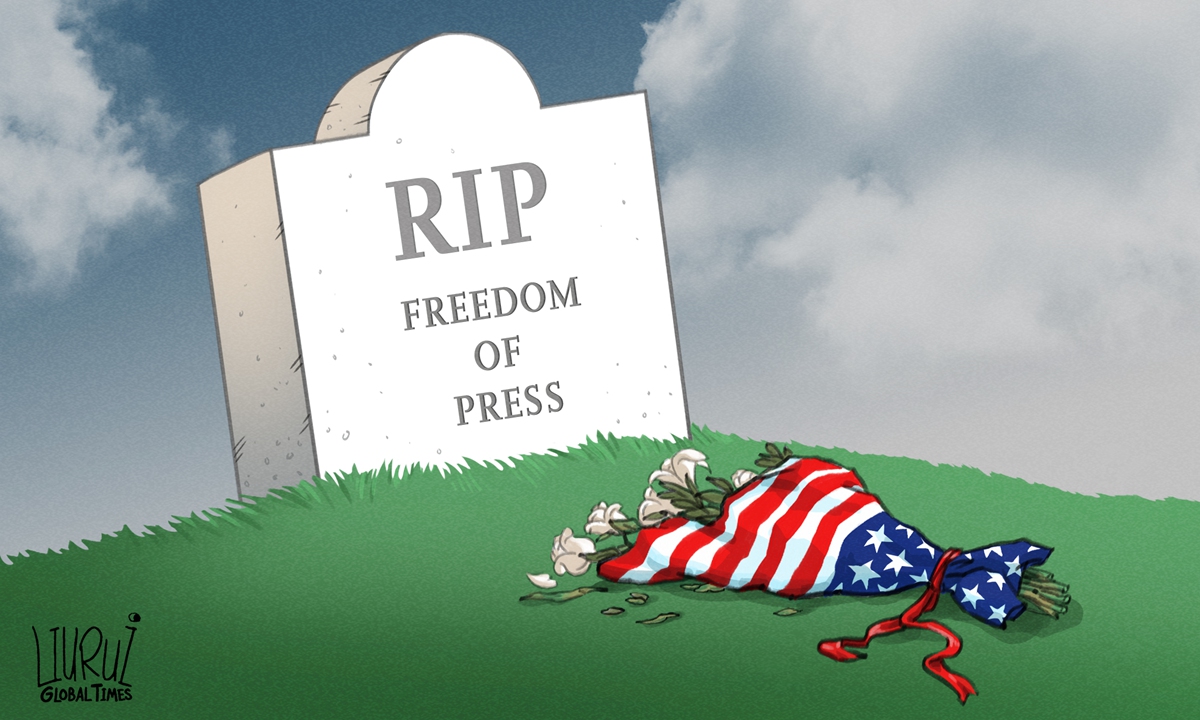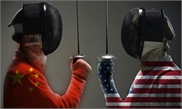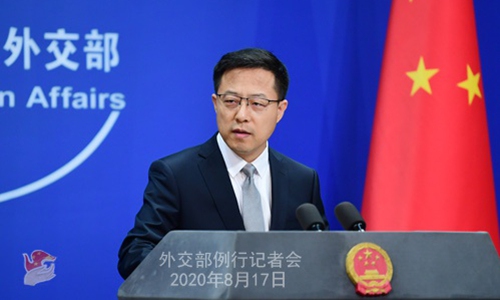Washington should stop acting hysterically in ‘media war’: Global Times editorial

Illustration: Liu Rui/GT
The US State Department announced Wednesday that the administration is labeling six more Chinese media outlets as "foreign missions," bringing to 15 the total number of Chinese media outlets on the list. The newly added media include Yicai Global, Jiefang Daily, Xinmin Evening News, Social Sciences in China Press, Beijing Review and Economic Daily. US Secretary of State Mike Pompeo defended the decision.
More than two years ago, the US State Department launched this "media war" between China and the US - it has harmed the presence of Chinese journalists working in the US and vice versa, gradually reducing and squeezing the working atmosphere of journalists.
This has resulted in a typical lose-lose scenario.
The latest designation of six more Chinese media outlets is adding salt to the wound - right at a moment when the wounds caused by this "media war" badly need healing. Pompeo said the move will not place any restrictions on what these outlets can publish in the US. He says he simply wants American audiences to know the true identity of the Chinese media. This is truly hypocritical diplomatic rhetoric.
These US actions send a clear message: Washington does not welcome Chinese media outlets. It has also imposed heavy psychological pressure on the staff working in the US branches of the above-mentioned Chinese media outlets. Some were forced to resign. Some branches had no choice but to close. Columnists from the US and Australia even dare not write for Chinese media any more.
The political systems of China and the US differ, hence the political nature of media in both countries is dissimilar. The exchanges between countries are a process of shelving differences and seeking commonalities. The Chinese and US media share a lot in common. They have supported the exchange of information in the past trajectory of China-US relations. They also have striking differences. Chinese media show restraint when reporting. The US media are aggressive with their foreign reporting.
The US media are an important force for disseminating US values into Chinese society and interfering in China's internal affairs. The Chinese media have not acquired such an ability to do so to US society. China has always tolerated the US media. It did not take the initiative to launch collective suppression of US media - unlike the "media war" unleashed by the US State Department against Chinese media.
As for objectivity of media, Chinese society's understanding of the US is much more objective than US society's understanding of China. The media have played the biggest role in shaping the understanding of each other. It is evident that the Chinese media's coverage of the US is more objective than the US media's coverage of China.
Washington has gone too far with its arrogant proposition that whatever the US does is right and whatever China does is wrong. Washington is indulging in its fantasies. The US seeks to attack China ahead of its presidential elections, and it keeps on targeting the Chinese media. Is this how the responsible government of a major power should be behaving?
China does not want to escalate tensions with the US - especially with a "media war." But if Washington keeps launching offenses, would any country, if it is in China's position, sit still? If China sits still, where should the country's dignity and reputation lie?
What is certain is that as long as the work of Chinese media in the US is affected, Beijing will retaliate. The US is wrong to believe that it has more cards to play than China does. It should know that the right of diplomatic affairs regarding Hong Kong is in the hands of Chinese central government. If the "media war" between China and the US continues, US media in Hong Kong could be included in the retaliation list. Washington is advised to stop when it should, and not to act hysterically.


